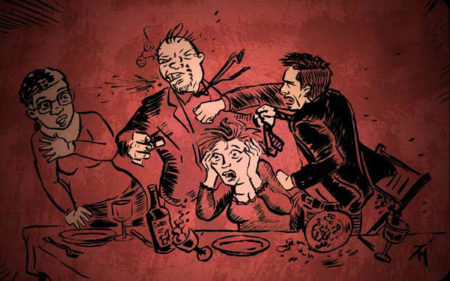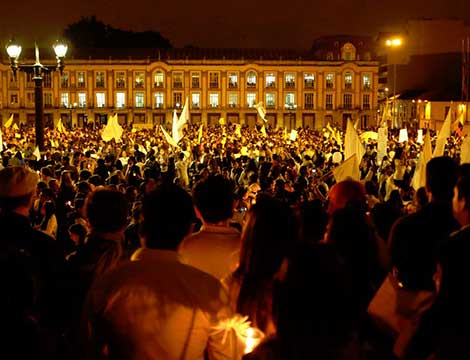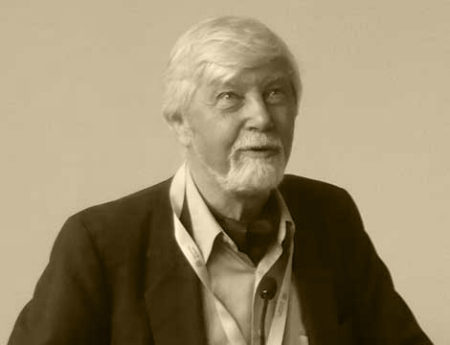
Mediation Perspectives is a periodic blog entry that’s provided by the CSS’ Mediation Support Team and occasional guest authors. Each entry is designed to highlight the utility of mediation approaches in dealing with violent political conflicts. To keep up to date with the Mediation Support Team, you can sign up to their newsletter here.
The purpose of today’s blog, which is the second of a multi-part series, is to illustrate how Christian religious resources can be used to teach negotiation and mediation skills. (To learn about the broader criteria of applying these resources, see my previous blog here.) Specifically and provisionally, what I would like to focus on here is what the Bible says about the ‘when’ and ‘how’ to negotiate and mediate. The ideas that follow were inspired and tested in a workshop in 2016 organized by the Zimbabwe Peace and Security Program with the Heads of Christian Denominations (HOCD) representing the main Catholic, Anglican, Evangelical and Apostolic Christian church formations within the country.



